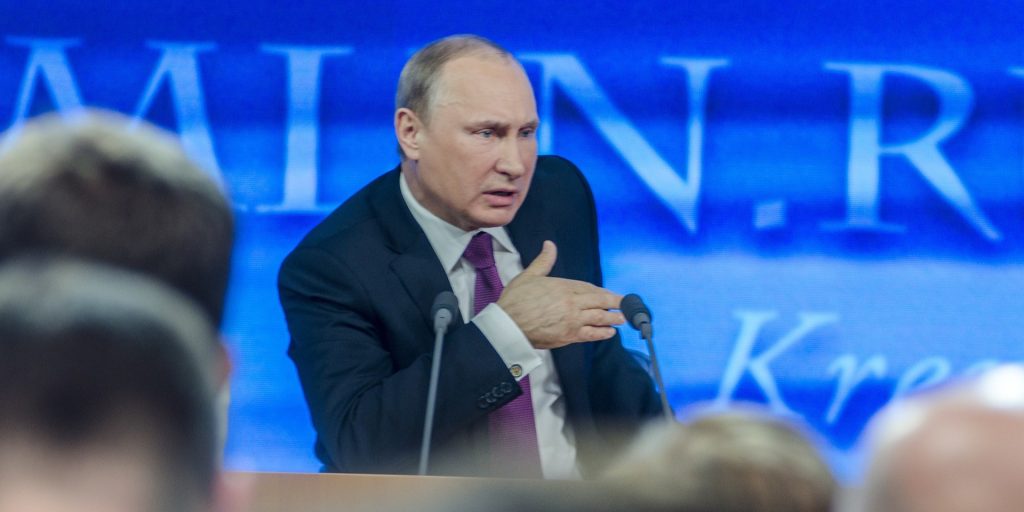The Kursk invasion has dealt the strongest blow to Vladimir Putin’s ratings since the beginning of the war.
Others are reading now
Vladimir Putin’s approval rating has plummeted to its lowest level since the early days of the war, as the ongoing Ukrainian military incursion into Russia’s Kursk region takes a toll on public sentiment.
Putin’s Approval Rating Hits New Low
As of August 25, only 72.4% of Russians approve of Putin’s performance — a sharp decline from previous months and the lowest figure recorded since the first week of the invasion.
These numbers were published by the Russian Public Opinion Research Center (VTsIOM) and reported by the Moscow Times.
The data shows a decrease of 4.7 percentage points in just two weeks, following the start of Ukraine’s offensive in the Kursk region, which has now entered its fourth week.
Also read
This dip surpasses the previous lows seen during the mobilization period in November 2022 (73.7%) and after the Wagner PMC mutiny in August 2023 (72.6%).
VTsIOM’s data indicates that Putin’s current approval rating is the lowest since February 27, 2022, when it stood at 70.4%, just days after the invasion of Ukraine began.
In the weeks leading up to the war, Putin’s approval rating hovered around 63-64%, before spiking to 79% following the invasion. The peak was reached in April 2022, with an approval rating of 79.6%, but it has been in gradual decline since.
A Drop in Trust
In addition to the approval rating, Putin’s trust rating has also fallen to its lowest since the war’s first week.
As of the latest survey, 75.7% of Russians expressed trust in Putin, down from 80.1% two weeks ago and 81.5% in mid-July. This marks a significant drop from the post-mobilization period in November 2022, when trust in Putin stood at 78%, and after the Wagner mutiny, when it fell to 76.8%.
Shaken Public Perception: “Inadequate at Best”
The ongoing Ukrainian incursion into the Kursk region, the first on Russian territory since World War II, appears to have shaken public confidence in Putin’s leadership.
Jonathan Teubner, CEO of FilterLabs, a company that tracks public sentiment through social media analysis, noted that many Russians perceive Putin’s response to the invasion as “inadequate at best.”
FilterLabs reported a sharp decline in attitudes toward Putin, with a notable increase in obscenities directed at the president, particularly in Moscow and the southern regions of Kursk, Belgorod, and Bryansk.
Despite promises from Chief of the General Staff Valery Gerasimov to “defeat” Ukrainian forces near Kursk and Putin’s own threats of a “worthy” response, Ukrainian troops continue to hold territory in southern Russia. The area under Ukrainian control is comparable in size to major Russian cities like Volgograd and Yekaterinburg.
In a bid to defend the Kursk region without diverting forces from the front lines in Donbass, where Russian forces have made recent gains, the Kremlin has reportedly deployed conscripts.
This decision is expected to become a point of vulnerability for Putin, as the use of conscripts for primary defense could further erode public support.
Caroline Hurd, an analyst at the U.S.-based Institute for the Study of War (ISW), warned that if Putin continues to use conscripts in this way, it could have serious social consequences in the future.


